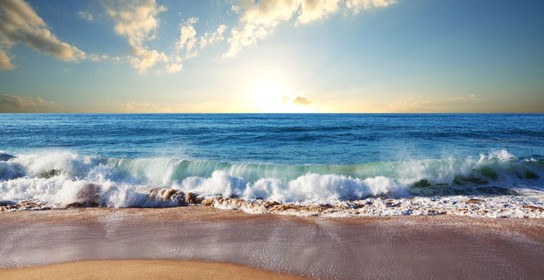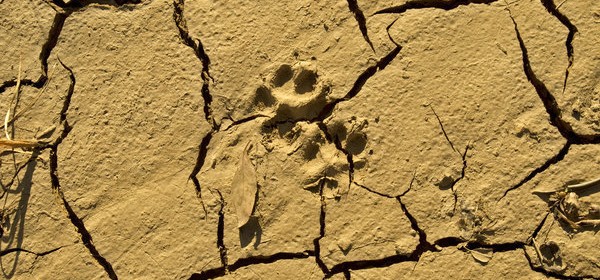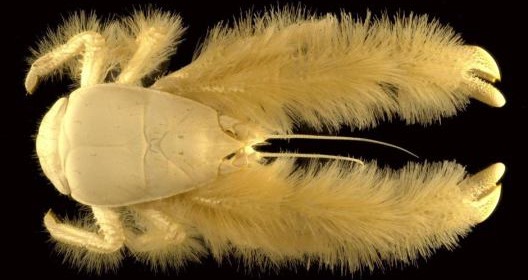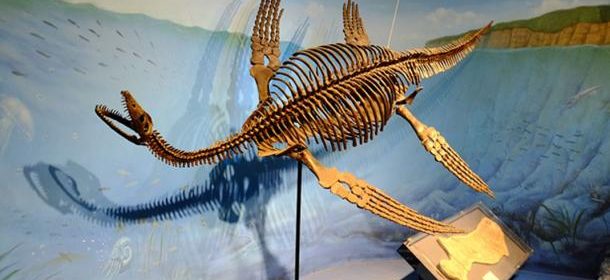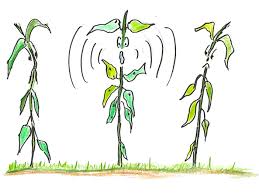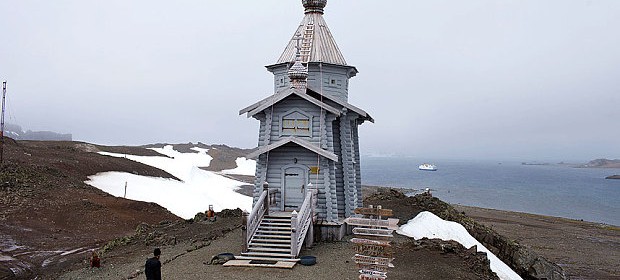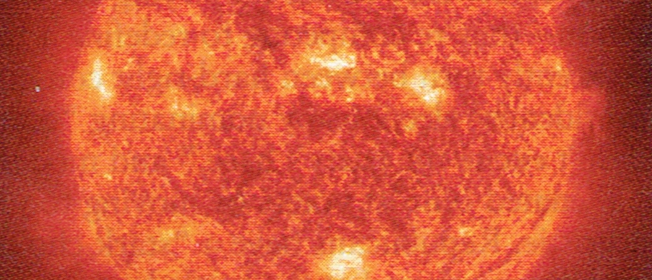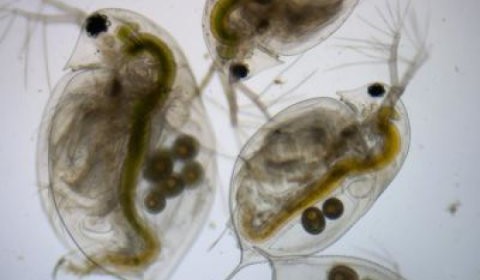U.S. Cities are at Risk for Coastal Flooding
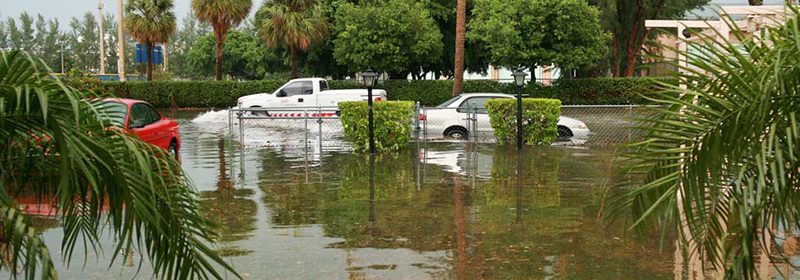
There are five US cities that are at risk of flooding due to rising sea levels. They are Miami, Tampa, Boston, New York City, and New Orleans. Miami’s flooding risk comes not only from the high tides but from the porous limestone that is located under the state and has water seeping up under it. Back in 2017 Hurricane Irma […]
Read more
